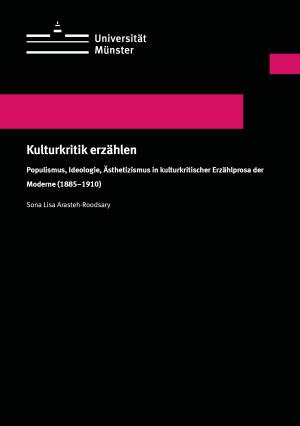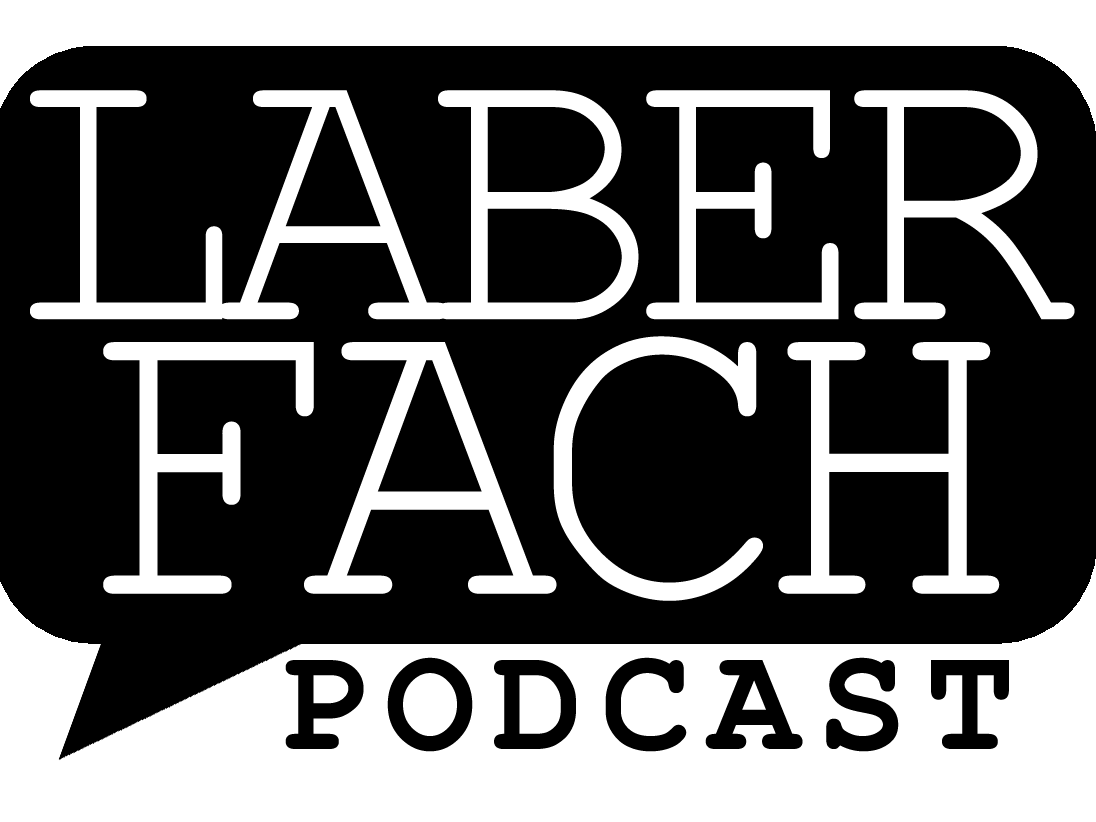WoolfNotes.com is the website of a project to digitize Virginia Woolf’s reading and research notes, the last major Woolf materials as yet unpublished. The aim is to make them accessible, in order to demonstrate the range of her scholarship and reading. WoolfNotes.com provides high quality images of Virginia Woolf’s lifetime reading and research notes. It shows how her writing, both fiction and non-fiction, was indebted to extensive and rigorous research on social, historical, economic, political and imperial issues. This large collection of reading and research notes corrects the myth (partly generated by Woolf herself) that she was uneducated.
The project started in 2016 as a collaboration between two Woolf scholars, Michèle Barrett and Brenda Silver, with the idea of juxtaposing the notebook manuscripts with Silver’s 1983 guide to their contents.
Im Zentrum der Sammlung stehen die „Reading Notebooks“:
At the core of the WoolfNotes project is the presentation of 67 Reading Notebooks, accompanied by the text of Brenda Silver’s authoritative summary of each one. Of these 67, 33 notebooks are from the Woolf archive at The Keep in Sussex, 33 are from the Berg Collection at the New York Public Library, and 1 is from the Beinecke library at Yale. The Notebooks themselves are mainly in Woolf’s handwriting, and can be difficult to read, making a summary of the contents extremely useful. Silver’s guide was originally published in 1983, by Princeton University Press; it was digitised in 2017 and published by the University Press of New England. WoolfNotes presents high quality images of all these Woolf Notebooks in conjunction with Silver’s detailed account of their contents.
WoolfNotes includes other materials. These include:
- RN68 (Smith): A new reading notebook located at Smith College in 2022. Notes on several novels, including by Trollope, Peacock, Balzac, Tolstoy, Richardson.
- WN100 (NYPL) The Agamemnon Notebook: Woolf’s extraordinary hand-made “edition” of Agamemnon by Aeschylus.
- WN101 (Sussex): Woolf’s personal index for Edward Arber An English Garner: Ingatherings from our History and Literature (8 Vols, 1877 – 1896).
- WN102 (Smith): Draft of a short essay on D H Lawrence’s Sons and Lovers, located at Smith College in 2022. The essay was published posthumously in The Moment and Other Essays.
Many issues arise in considering these materials, some of which are discussed in the background papers provided on this website.
Die Inhalte sind über fünf Indices erschlossen.










